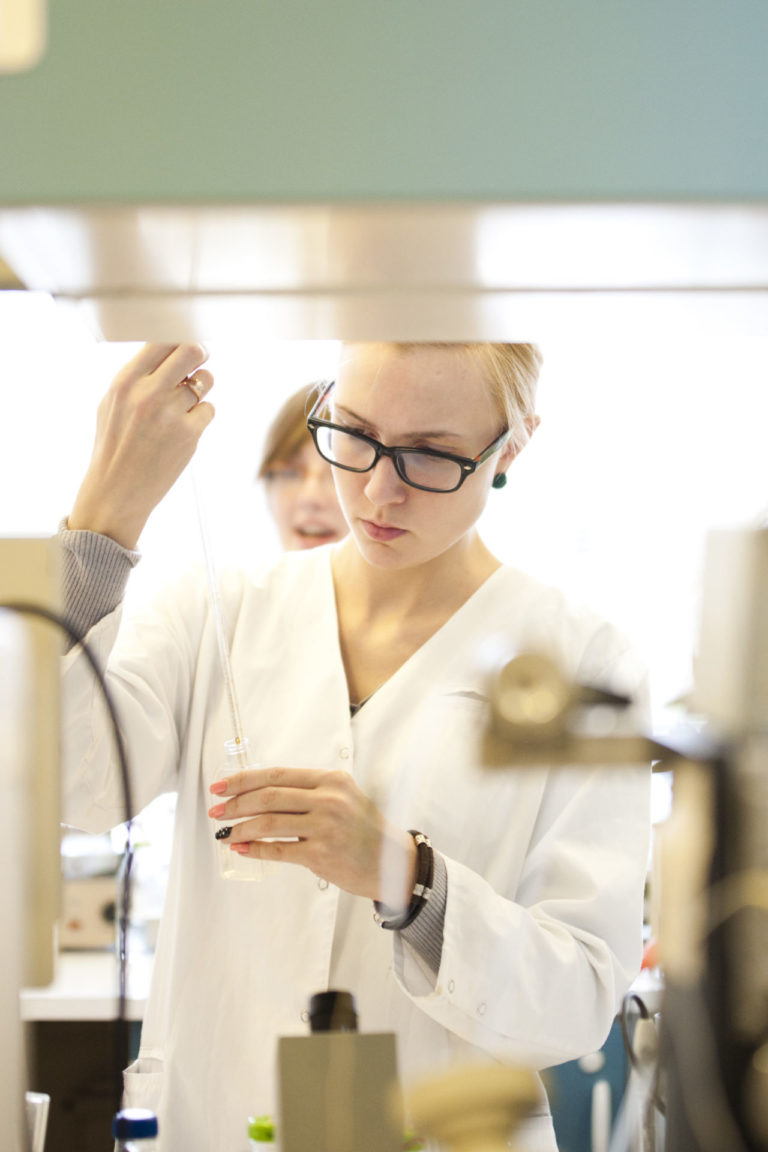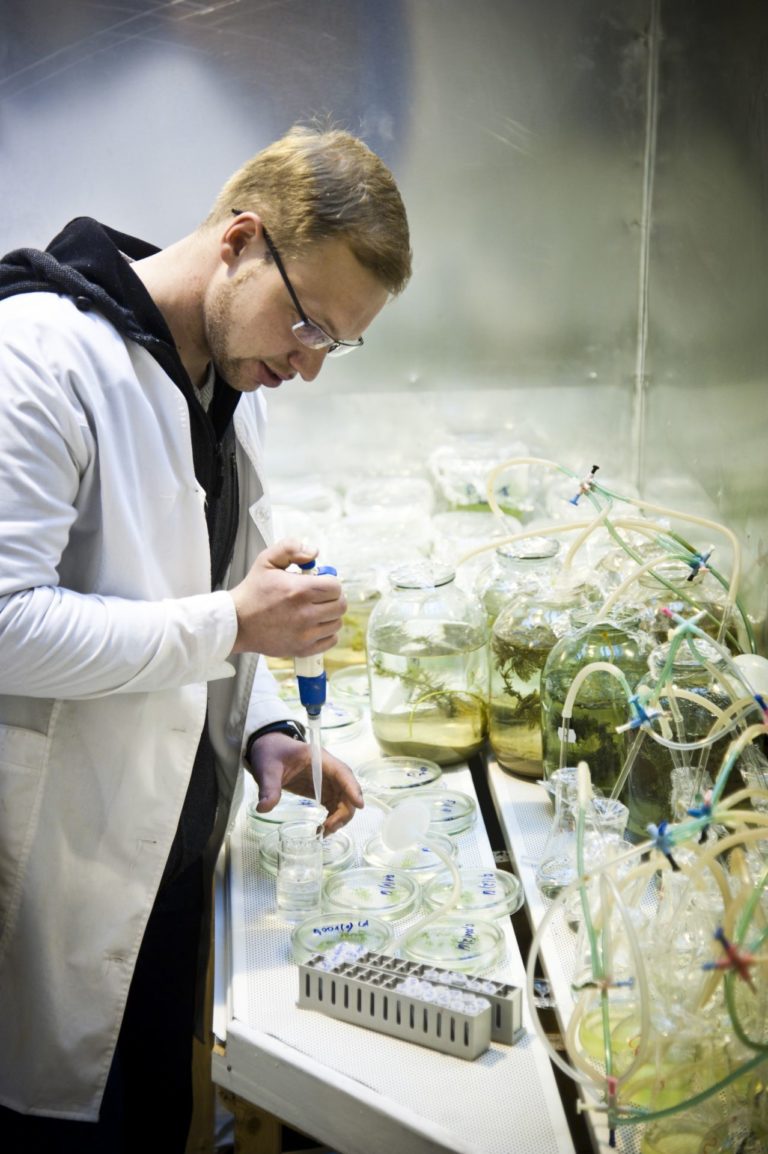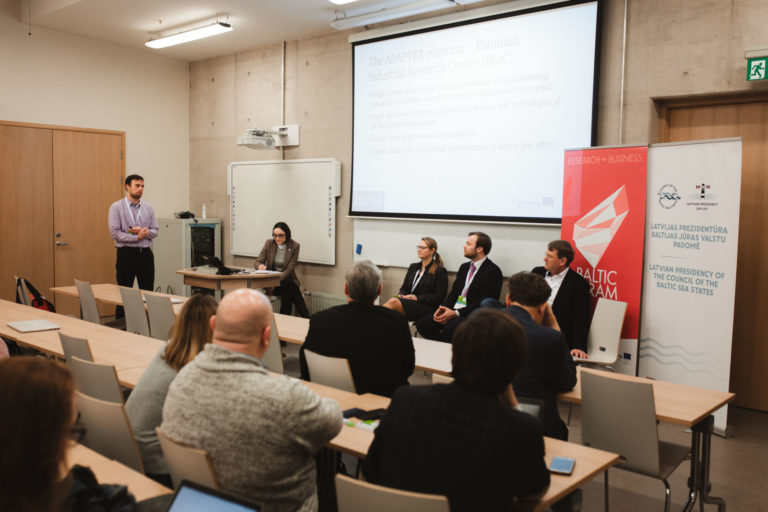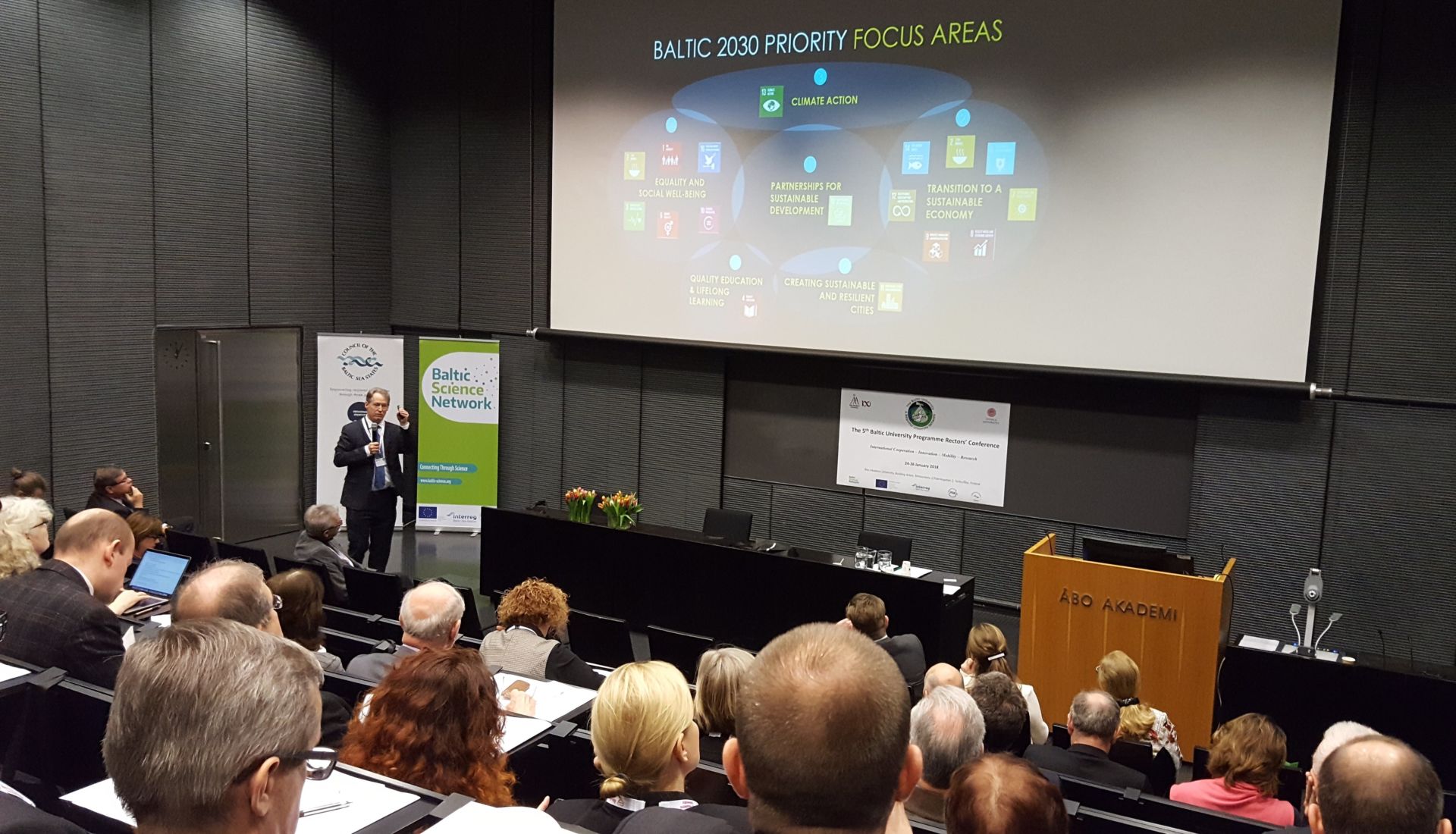CBSS Baltic 2030 Action Plan
The Baltic Sea Region with the Baltic 2030 Action Plan of the Council of the Baltic Sea States (CBSS), approved back in 2017, is one of the pivotal geographical areas where various actors are helping to advance the overall global efforts tied to the implementation of the 2030 Agenda for Sustainable Development by pooling their forces and expertise in a great diversity of joint initiatives. Over the last three years the CBSS Baltic 2030 Action Plan has been discussed across the Baltic Sea Region with a considerable variety of audiences.
The Interreg Baltic Sea Region Programme-funded project Baltic Transnational Research Access in the Macro-Region (Baltic TRAM) is one example of such multilateral partnerships. Baltic TRAM has been a much-appreciated facilitator of the research-business cooperation. As elaborated in the report “Multi-Level Governance of Innovation and Smart Specialisation,” Baltic TRAM’s most prominent support goes towards the Sustainable Development Goal 9, “Industry, Infrastructure and Innovation.” It helps to put in motion the priority focus area “Transition to a Sustainable Economy” by contributing to the overall activation process two, “Stimulating Private-Science Networking and Engagement in Key Sectors,” by forming a multi-stakeholder partnership among Baltic TRAM project partners, associated organisations and affiliated analytical research facilities. Vytautas Magnus University is one of those affiliated research facilities.

Lithuanian Focus on Health Sector and Biotechnologies in a Baltic Sea Region Context
As outlined in the report “National Innovation and Smart Specialisation Governance in the Baltic Sea Region,” this part of the world is characterised by a shared interest in the health sector. In some countries, such as Lithuania, it is complemented with a pronounced focus on the biotechnologies. Vytautas Magnus University, based in Kaunas, is among the higher education establishments with a set of research centres which through an active engagement in the multilateral cooperation help to strengthen the implementation of Sustainable Development Goals.
Vytautas Magnus University is one of the most liberal and modern universities in Lithuania, combining profound traditions of the classical university with innovation, noble ideas and creativity. The main strength of research at Vytautas Magnus University is the ability to respond to an increasingly globalized and competitive landscape prompting the dynamic formation of new research priorities and facilitating ongoing improvements in research performance at both national and international level.

The research and experimental development at Vytautas Magnus University are carried out in the fields of social, biomedical, technological and physical sciences. As the attention to biology, biochemistry, environmental protection, ecology, alternative energy sources and climate change issues keeps growing worldwide, Vytautas Magnus University actively focuses its research on natural sciences, seeking to present effective solutions and valuable innovations internationally. As can be denoted from the listing in the previous sentence, among the prioritised research sectors of Vytautas Magnus University are biotechnology and biophysics. To be more precise, some of the research activities performed at Vytautas Magnus University are based on the biotechnology of plants and are aimed at investigating bioremediation, phytoremediation and mycoremediation of pollutants, perform the analysis of plant secondary metabolites, and evaluate antioxidant properties of the plant extract.
Last year, during the implementation of the Baltic TRAM open calls, Vytautas Magnus University provided research services to help explore the active ingredients in the newly developed food supplements. As elaborated in the report “Baltic TRAM Smart Specialisation Trends,” this publicly funded interaction was paving the way for a consecutive order from the client company, thus the Baltic TRAM facilitated cooperation continues also in 2019. Such a research-business collaboration example does not present some landslide technology break-throughs. Nevertheless, these are some of the limited yet cumulative, consecutive steps which are taken in Lithuania and are of relevance to the Baltic Sea Region-wide commitment to making the CBSS Baltic 2030 Action Plan a vivid reality with tangible results presented to the business sector. These actions embody a meaningful contribution towards achieving progress in the milestones set by the 2030 Agenda for Sustainable Development and thematic domains prioritised by the country and its neighbours located in the Baltic Sea Region.
Moreover, the engagement of Vytautas Magnus University in Baltic TRAM is also a concrete example of how an institution is responding to the EU-wide much sought after diffusion of research and innovation, which appeared also on the horizon of the RISE Group and its 76th idea on the future of research and innovation in Europe in particular.

The CBSS recently revisited this and other Baltic TRAM achievements during the High Level Meeting on Science held under the Latvian Presidency and hosted by the University of Latvia on the occasion of its centenary celebrations. The CBSS 2019 Joint Statement remains the key document capturing this spirit. Besides these concise remarks, Baltic TRAM concluding findings were discussed in a rather condensed and compact manner among interested stakeholders from across the Baltic Sea Region during the parallel session “Baltic TRAM: Science for Business in the Baltic Sea Region” of the CBSS Baltic Sea Science Day 2019. Since the CBSS Baltic Sea Science Days have evolved in annual gatherings dedicated to the CBSS Science, Research and Innovation Agenda, readers of Impakter are invited to keep an eye on the CBSS website during the last months of 2019 when the programme of the next gathering will be announced. In one of the first months of 2020, the CBSS and the key institutions working towards the implementation of the CBSS Science, Research and Innovation Agenda will gather at the premises of the University of Turku on the occasion of its centenary celebrations.
Health Sector and Biotechnologies in a European Context
The expertise of Vytautas Magnus University is being demonstrated not solely within the Baltic Sea Region. The CBSS endorsed Baltic TRAM is far from being the only format in which Vytautas Magnus University engages in research related to the health sector. Horizon 2020-funded “Citizen Science for Urban Environment and Health (CitieS-Health)” is worth pointing among some of the most recent examples. CitieS-Health aims to develop effective citizen science. The recently launched project will develop citizen science projects in five diverse European cities (Barcelona in Spain, Kaunas in Lithuania, Ljubljana in Slovenia, Amsterdam in the Netherlands, Lucca in Italy), assessing urban air and noise pollution, wood burning, urban design and mobility at local levels. CitieS-Health explores the link between these exposures and health impacts.
Editor’s Picks — Related Articles:
“One’s Waste, Another’s Treasure: An Interview With Episome Biotech”

“We Need a Digital Transformation in Global Health”
Due to its close connection between the research community and a wider society, CitieS-Health is a good example of how scientific aspirations are being advanced with an orientation towards a clear social impact and in sync with such global trends as urbanization. Likewise, it can also be praised in light of the most recent calls expressed by the RISE Group to shape the R&I policy “to support the aims of climate policy and health policy.” Moreover, among the 101 ideas presented to a wider readership, the RISE Group highlights the promising potential of the urban setting in seeking new responses to the emerging challenges captured in the 44th idea: “cities contend with the complexity of system governance and can embrace public sector innovation.” Thus, Vytautas Magnus University fully embraces the innovative characteristics of the urban setting with a societally relevant focus on research with more specific results to be presented by the conclusion of the project in December 2022.
The Way Forward
All in all, Baltic TRAM marked only one and far from final step in multilateral cooperation revolving around research and innovation focused on the Baltic Sea Region’s specific needs and particularities. It is clearly mirrored in the CBSS 2019 Joint Statement on Science adopted in Riga that the CBSS Members are interested and ready to improve joint research and innovation efforts and address the goals enshrined in the United Nations Sustainable Development Goals.
It is an important message to be promoted among wider audiences and is of immediate relevance not solely for the Baltic Sea Region. Such commitment is also of great importance for the rest of the world in terms of global awareness that the vision crafted for overarching steps to be taken by 2030 remains vitally important and is continuously upheld by many stakeholders and important decision-makers located in the northern part of Europe. The concerted actions taken in this part of the world are continuous, cumulative and mutually complementary. This macro observation is mirrored in a zoomed-in fashion with examples and joint initiatives performed by Vytautas Magnus University with its collaboration partners.
Editors Note: The opinions expressed here by Impakter.com columnists are their own, not those of Impakter.com — In the Featured Photo Credit: CBSS Baltic 2030 Action Plan presented by Alan Atkisson, President of the AtKisson Group, during the CBSS Baltic Sea Science Day 2018 hosted by Åbo Akademi University in Turku. Featured Photo Credit: CBSS Secretariat.











